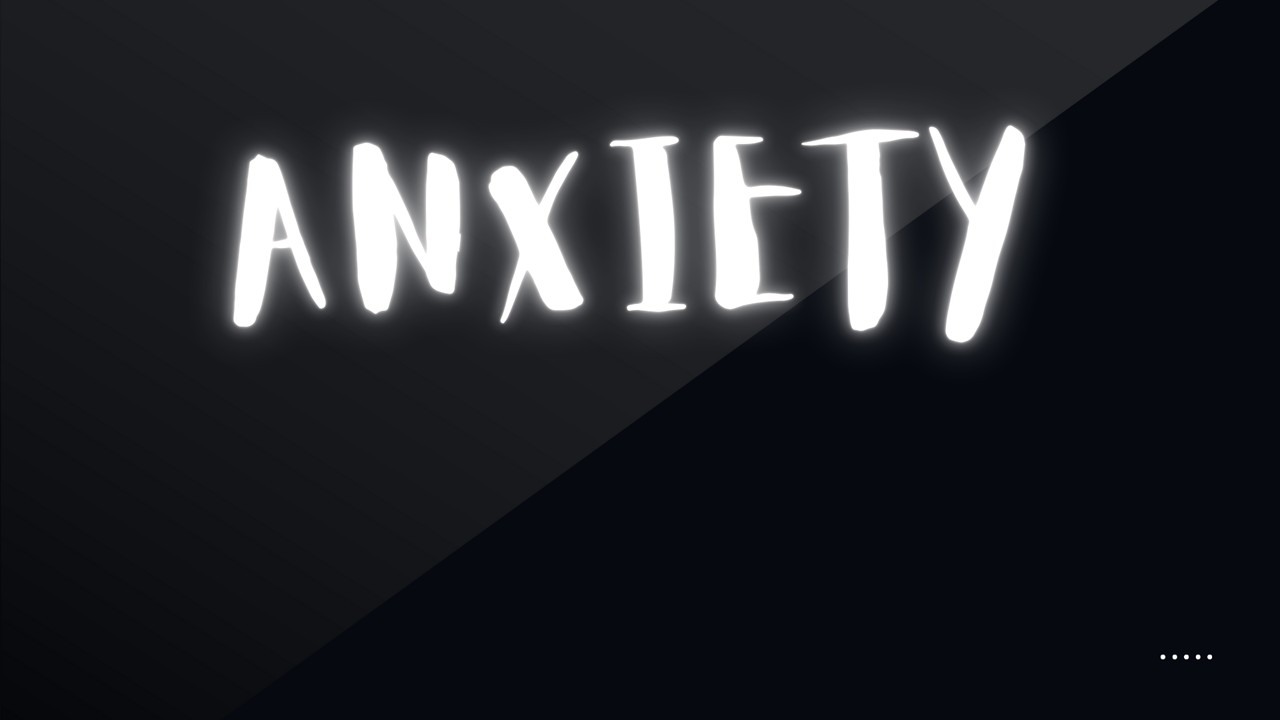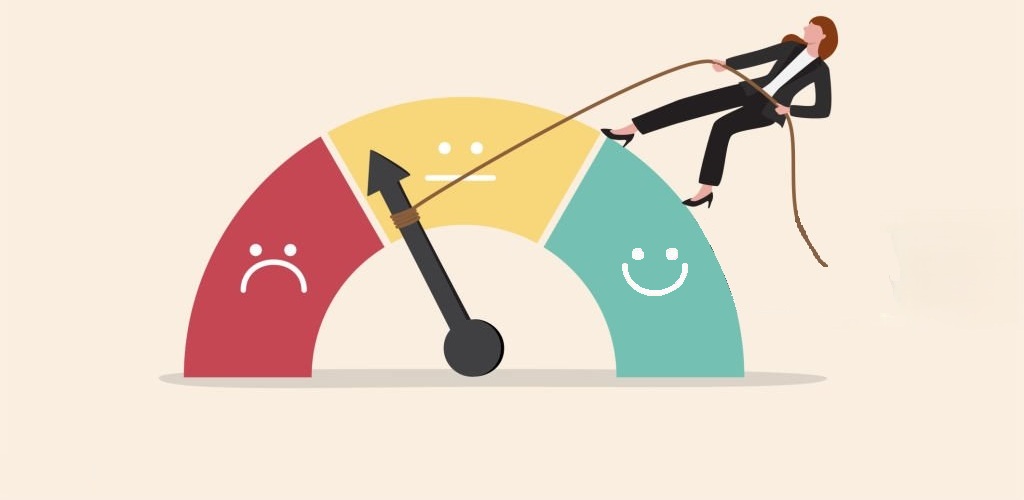
Anxiety is something many of us experience at different points in life. It can feel overwhelming, confusing, and sometimes even paralyzing. If you’ve been feeling anxious, you are not alone.
What Is Anxiety?
Before we dive into why anxiety happens, it’s helpful to first understand what anxiety actually is. Anxiety is a natural response to stress. It is a feeling of worry, nervousness, or unease about something with an uncertain outcome and is often linked to situations that feel out of our control or are perceived as threatening. The intensity and frequency of these experiences can vary from person to person.
What is the Biology Behind Anxiety?
There are biological reasons for anxiety that may help explain why you feel so anxious even if there is no immediate threat. Your body’s "fight, flight, or freeze" system - controlled by the brain and nervous system - triggers physical and physiological reactions when you feel threatened. These reactions are designed to keep you safe when danger is present. However, in modern life, the brain sometimes perceives non-life-threatening situations as a threat, causing your body to go into "overdrive" unnecessarily.
Why Am I Feeling So Anxious?
Some common reasons people feel anxious include:
- Stress and Overwhelm: Life’s responsibilities — work, relationships, personal goals — can pile up and leave us feeling like we have too much on our plate. When you’re juggling a lot, anxiety can creep in.
- Uncertainty About the Future: Our brains love certainty, but when the future feels unpredictable or uncertain, it can trigger anxiety. Many of us experience heightened anxiety about things we cannot control or predict.
- Past Trauma or Negative Experiences: If you've experienced trauma or negative events, your body and mind may stay on high alert, expecting danger even when things seem calm.
- Genetics and Family History: Anxiety can sometimes run in families. If someone in your family has experienced anxiety or other mental health challenges, you might be more predisposed to feeling anxious yourself.
- Social and Environmental Factors: The way you grew up, your social circle, your work environment, and your culture can all contribute to anxiety. Sometimes, external pressures can trigger feelings of unease.
How Can I Manage Anxiety?
Anxiety can feel crushing. Fortunately, there are several strategies that could help you manage it:
Mindfulness and Meditation:
Learning to be present in the moment can help reduce the intensity of anxiety. Practicing mindfulness, deep breathing, or meditation can activate the parasympathetic nervous system and calm your body.
Exercise and Physical Activity:
Regular movement releases endorphins, which help reduce stress and anxiety. Even a daily walk can make a difference.
Healthy Sleep Habits:
Sleep and anxiety are closely linked. Lack of sleep can worsen anxiety, and anxiety can make it hard to sleep. Establishing a calming bedtime routine and ensuring you get enough rest is crucial.
Talking to a Therapist:
Therapy can equip you with the tools and strategies to manage anxiety effectively. We offer evidence-based therapies for the treatment of anxiety. Some of these include Cognitive Behavioral Therapy (CBT) to transform negative thought patterns into healthier ones, Psychodynamic Therapy for dealing with life’s challenges, and Eye Movement Desensitization Reprocessing (EMDR) for resolving trauma and distressing memories.
Self-Compassion:
Be gentle with yourself. Anxiety is not a sign of weakness, and you’re not "broken" because you experience it. Practicing self-compassion can reduce the shame or guilt that sometimes accompanies anxiety.
When Should I Seek Help?
While anxiety is a normal part of life, it can become overwhelming or debilitating for some people. If your anxiety is interfering with your ability to function in daily life, it might be time to reach out for support. A therapist can help you work through your anxiety and provide a safe space to discuss what you're experiencing.
Feeling anxious does not mean you are failing or incapable. It is a natural response to stress, uncertainty, and sometimes the pressures of life. You don't have to navigate anxiety alone. Click the Contact Us button at the top of the page for more information or to schedule an appointment. You deserve to reclaim peace and balance in your life. We're here to support you every step of the way.
.png)

